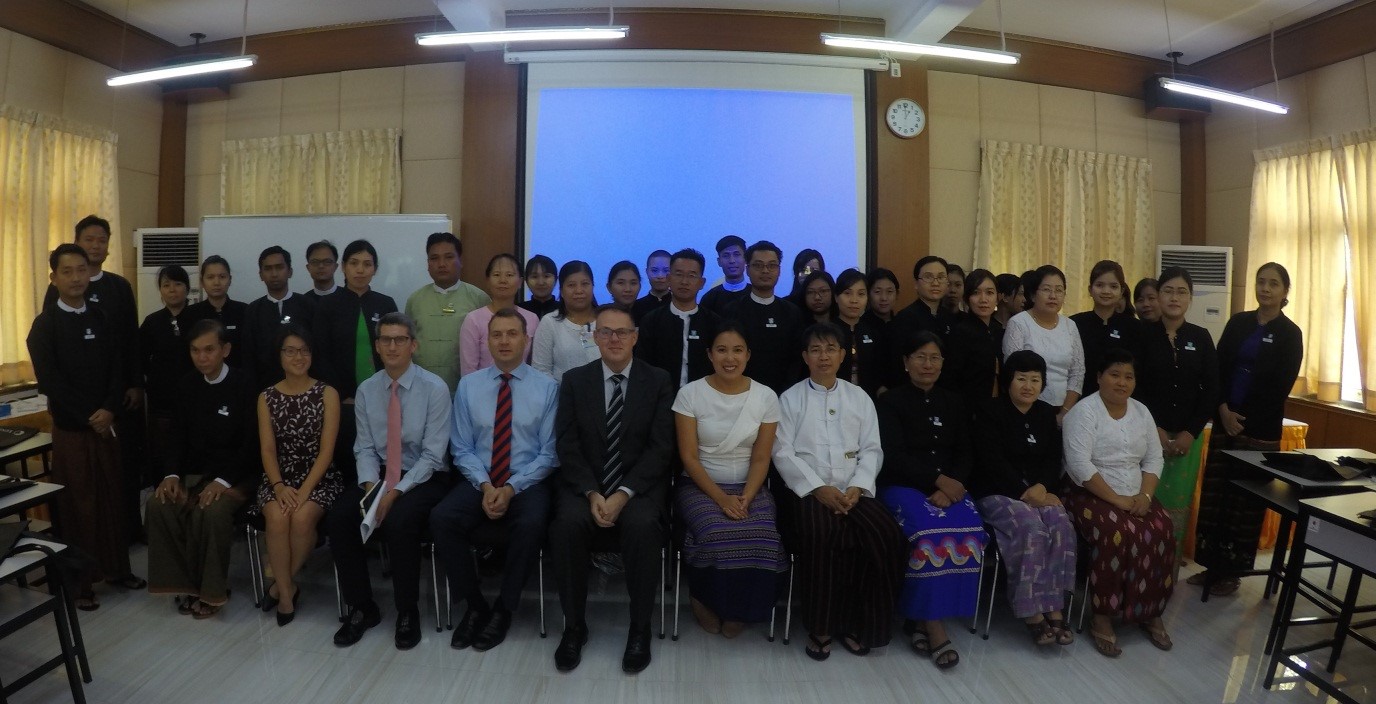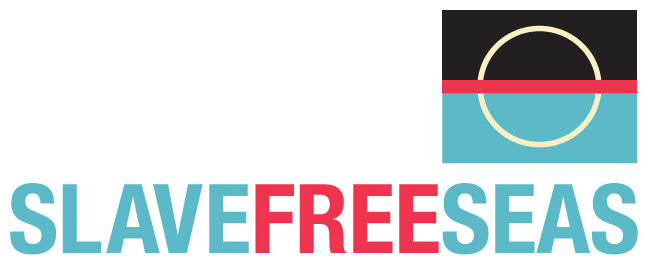The concept of the Rule of Law is fundamental to achieving the United Nations' Sustainable Development Goals (SDGs). In particular, SDG 16 aspires to "promote peaceful and inclusive societies for sustainable development, provide access to justice for all and build effective, accountable and inclusive institutions at all levels." The Rule of Law is a foundation for all these aims.
The Rule of Law represents a principle of governance that all persons, institutions, entities, public and private, including the state itself, are accountable to laws that are publicly promulgated, equally enforced, and independently adjudicated. In the context of SDGs, the Rule of Law ensures equitable access to justice (SDG 16.3), strengthens corruption-free institutions (SDG 16.5), and nurtures peaceful societies (SDG 16.1).
Equal access to justice under the Rule of Law is central to reducing inequalities (SDG 10) and ensuring no one is left behind. It safeguards individuals' rights, including those of vulnerable groups like women, children, and marginalized communities, facilitating their access to basic services and protection, thereby helping achieve goals related to poverty eradication (SDG 1), good health and well-being (SDG 3), quality education (SDG 4), and gender equality (SDG 5).
The Rule of Law is also intrinsic to building effective, accountable institutions (SDG 16.6). These institutions play a pivotal role in providing public services, managing public resources, and upholding civil rights. When corruption, bribery, theft, and tax evasion are substantially reduced (SDG 16.5), resources can be appropriately allocated to support sustainable development initiatives.
Moreover, peaceful societies, a primary aim of SDG 16, are facilitated by the Rule of Law. A society where laws are respected and fairly applied fosters an environment of security and stability. It deters violent conflict, promotes human rights, and encourages social and economic development.
LexisNexis New Zealand and the Slave Free Seas Charitable Trust have created a free legal resource to assist advocates for victims of human trafficking, comprising practical information on advocacy and policy change. This guidance is essential for target 8.7 and the eradication of forced labour, modern slavery and human trafficking, as well as SDG 16.3 and access to justice.
LexisNexis Australia has created a free legal resource to assist those working on pro bono cases and social justice issues. It provides practical information on charities, federal discrimination law matters, human trafficking cases and applying for humanitarian immigration into Australia for victims of human trafficking. This free guidance supports target 8.7 and the eradication of forced labour, modern slavery and human trafficking, as well as SDG 16.3 and access to justice.
The European Union (EU) has had laws on the disposal of waste for over 30 years and laws concerning the environmental performance of products for over 20. However, these laws have not formed a cohesive whole - and that is about to change. December 2015 saw the European Commission (the body responsible for proposing new EU legislation) published its Circular Economy Package, with the stated objective of "closing the loop" of product lifecycles. This paper provides an overview of this package and demonstrates why the development of standards underpins future legislation.





